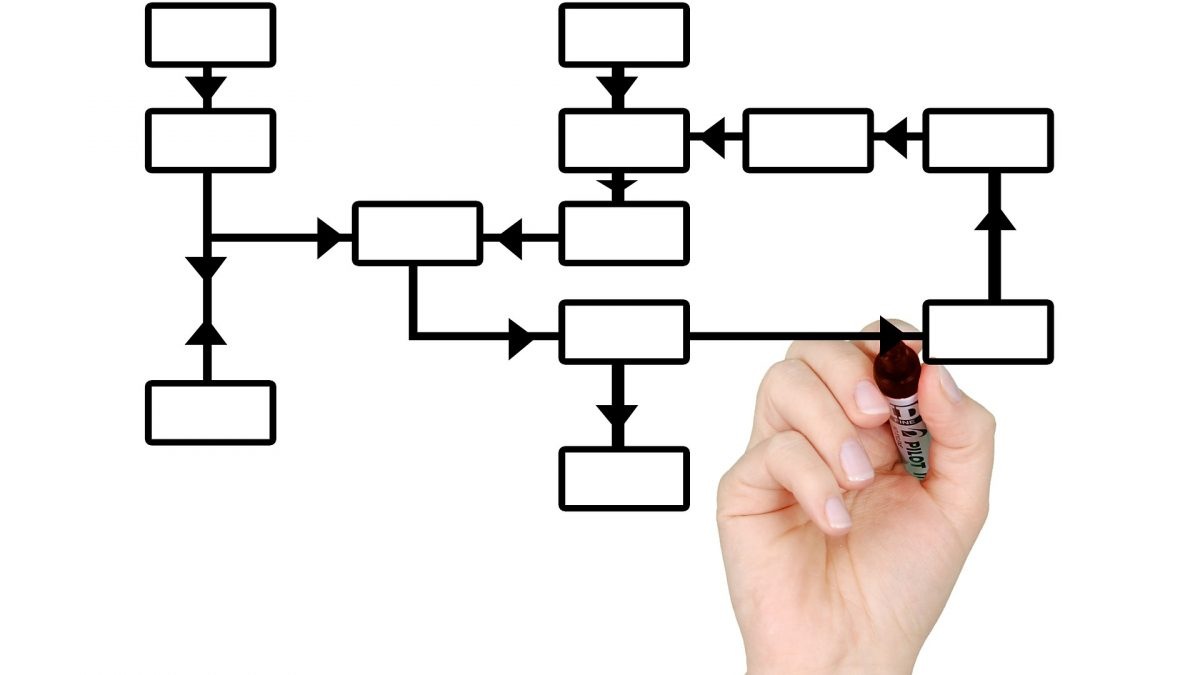Trust and Ultimate Beneficiaries

Election of directors
October 24, 2023
Three basic rights: Quebec/Federal differences
March 26, 2024Determining ultimate beneficiaries for the purposes of the Legal Publicity Act ("LPLE") can be complex when one of the shareholders is a discretionary family trust, heavily used for tax planning purposes. While many grey areas remain on how to apply these new rules (in effect since March 2023), here are a few (non-exhaustive) elements to consider in determining the ultimate beneficiaries when a shareholder is a discretionary trust that does not issue units. For the purposes of this document, "discretionary trust" means a trust whose trustees have full discretion to allocate income and capital in favour of beneficiaries specified in the trust deed.
Liability
Article 0.5 al. 2 LPLE expressly provides for the situation where a trust is a shareholder of a company:
Where, in respect of a taxable person, a trustee satisfies one of the conditions referred to in subparagraphs 1 to 3 of the first paragraph of section 0.4 or is a party to an agreement referred to in the second paragraph of that section, the beneficiaries of the trust he administers who satisfy one of the conditions referred to in subparagraphs 1 and 2 of the first paragraph or in subparagraphs 1 and 2 of the first paragraph of section 0.4 are also deemed to be ultimate beneficiaries of that taxable person.
In simpler terms, it essentially states that where a trustee of a trust is an ultimate beneficiary within the meaning of the LPLE of a reporting entity (example: corporation), an individual who is a beneficiary of the trust in question will also be a reportable ultimate beneficiary.
Fiduciaries to declare
Normally, when a trust holds more than 25% of a corporation's shares (in voting or fair market value), the trustees of that trust must be declared as ultimate beneficiaries, since legally the trustees are, in accordance with the Civil Code of Québec, the registered holders of the trust(in their capacity as trustee), and/or they control the shares in question.
Beneficiaries
An explanatory document from the Registraire des entreprises addresses the issue of beneficiaries of discretionary trusts (see: https: //www.registreentreprises.gouv.qc.ca/documents/publications/IN-914.pdf). The Registrar's position is that a person is not a beneficiary of a discretionary trust until the trustees exercise their power of election in respect of that person to receive income or capital from the trust. It is only when a "beneficiary" of a trust receives income or capital from a trust that he or she will be considered a beneficiary within the meaning of the LPLE and will then have to be declared as the ultimate beneficiary.
Constituent
There is nothing in the legislation to suggest that the settlor of a trust must be declared the ultimate beneficiary. Indeed, in the context of discretionary trusts, the settlor's role is generally limited to making an initial gift to set up the trust.
Federal rules
Note that the above does not necessarily apply to the determination of "individuals with significant control" for federallyincorporated companies. The federal Act contains its own rules, which differ from the LPLE in several respects.




